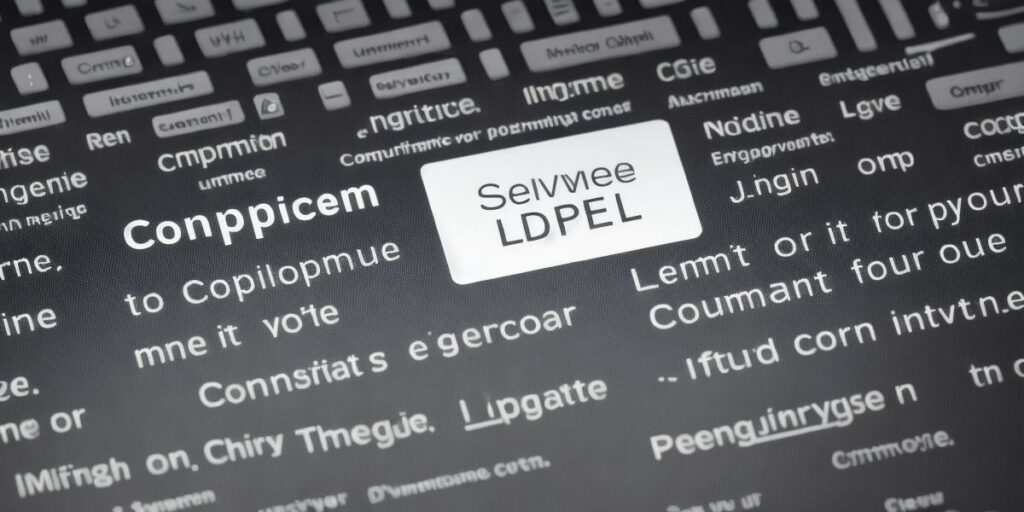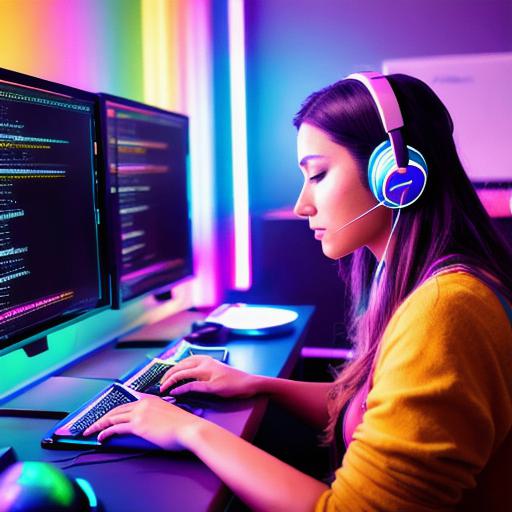Is it possible to copyright software

As technology continues to advance and software becomes an increasingly important part of our lives, questions about software copyright have become more prevalent. This article will explore the legalities surrounding software copyright, including case studies, expert opinions, and real-life examples.
What is Copyright in Software?
Copyright law protects original works of authorship, such as literature, music, and art. However, when it comes to software, the rules can be complex and often confusing. In general, software is not eligible for copyright protection because it is not an original work of authorship. Instead, software is typically protected by patents or trade secrets.

There are some exceptions to these rules. If the software includes original music, art, or other creative works that are not part of the underlying code, they can be protected by copyright law separately from the software itself. Additionally, if the software includes a unique algorithm or set of instructions that is not generally known to the public, it may be eligible for trade secret protection.
When Can Software be Copyrighted?
One situation where software can be copyrighted is when it contains literary or artistic elements that are original works of authorship. For example, a programmer who creates a unique and engaging story that is integrated into the software could be protected by copyright law.
Another situation is when the software includes original music, art, or other creative works that are not part of the underlying code. These works can be protected by copyright law separately from the software itself.

In some cases, if the software includes a unique algorithm or set of instructions that is not generally known to the public, it may be eligible for trade secret protection. Trade secrets are used to protect confidential business information and can include algorithms, processes, and other proprietary information.
Case Studies: Software Copyright in Action
One of the most famous examples of software copyright is Oracle’s legal battle with Google over the use of Java code in Android devices. In this case, Oracle argued that the use of Java code without a license constituted copyright infringement. The court ultimately ruled in Oracle’s favor, stating that the use of Java code did infringe on Oracle’s copyright in the code itself.
Another example is Microsoft’s legal battle with Ray Tomlinson over the creation of email. Tomlinson argued that his work creating email was protected by copyright law, while Microsoft argued that email was not an original work of authorship and therefore not eligible for copyright protection. The court ultimately ruled in favor of Microsoft, stating that email was a form of communication and not an original work of authorship.
Expert Opinions: Copyrighting Software
When asked about the possibility of software copyright, many experts in the field agree that it is not likely to be widely adopted in the near future. This is because the rules governing software copyright are complex and often ambiguous, making it difficult for courts to make clear decisions. Additionally, there is a strong public perception that software should be freely available and accessible, which may make it difficult for lawmakers to pass legislation protecting software creators’ rights.
However, some experts do believe that there may be a role for copyright in certain types of software. For example, if a programmer creates an original story or piece of art that is integrated into the software, it may be eligible for copyright protection. Similarly, if a software creator develops a unique algorithm or set of instructions, it may be eligible for trade secret protection.
Real-Life Examples: Software Copyright in Action
One real-life example of software copyright is the use of proprietary software licenses by companies such as Microsoft and Oracle. In these cases, users must obtain a license to use the software, which typically involves paying a fee to the software creator. Failure to obtain a license can result in legal action and fines for copyright infringement.
Another example is the use of open-source software. Open-source software is created by communities of developers who collaborate on the code and make it available for anyone to use, modify, and distribute. While this type of software does not have traditional copyright protection, it can still be protected by patents or trade secrets if the underlying code includes innovative features or design elements.
In conclusion, while software is not typically eligible for copyright protection, there are some exceptions where it may be eligible for trade secret protection or other forms of protection. The rules surrounding software copyright can be complex and often ambiguous, making it difficult for courts to make clear decisions. As technology continues to advance and software becomes an increasingly important part of our lives, questions about software copyright will likely continue to arise.